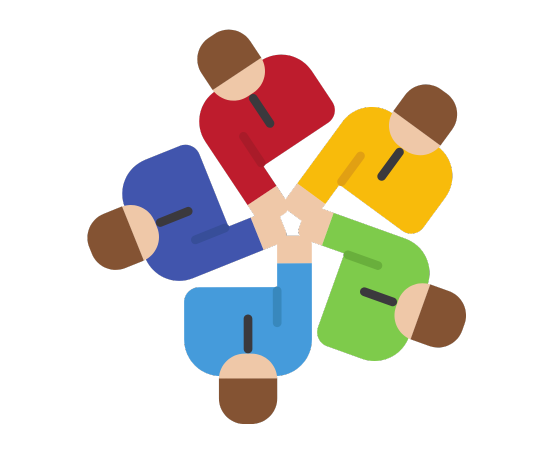
Explore Our Intercultural Center
The Ugandan Intercultural Center is dedicated to celebrating the diverse cultures that make Uganda unique. We work to promote understanding between cultures, create an inclusive environment for interaction, and encourage the development of diverse communities. Our initiatives and activities aim to bridge cultural differences and foster a sense of inclusivity for all.
Our Model
The Ugandan Intercultural Center fosters understanding, appreciation, and inclusivity
by celebrating Uganda's vibrant cultural tapestry.
Healthcare
Provide high-quality healthcare services at Suubi Hospital.
Family Independence
Empower families to enhance their quality of life and access healthcare services at the hospital.

Family independence
Implement entrepreneurial projects to sustain the hospital's operations and offset the expenses of healthcare services.
Knowledge
We empower Ugandans to succeed by offering high-quality education that gives them the necessary knowledge and skills to navigate their unique surroundings.

Discover Ugandan Culture
Uganda has a rich and diverse cultural scene, influenced by its 65+ ethnic groups. Come visit the Ugandan Intercultural Centre to explore what makes Uganda unique!
Music & Dance
Uganda is full of music and dance! Imagine listening to the lively tunes of the adungu (a type of harp) from the north, the heartfelt melodies of the enkore (a fiddle) from western Uganda, and the exciting beats of the baladi drum found all over the country. You can see amazing dances too, like the energetic bwerekete (a jumping dance) or the graceful movements of the ekizina (a drum dance). It's like being surrounded by a world of rhythm and excitement!
Food
Ugandan food is really tasty! They use fresh, local ingredients and cook them in traditional ways. You'll love matooke, which is steamed green bananas, especially when you eat it with groundnut paste, a yummy peanut sauce. And there are delicious stews like rolex, which is rolled chapati with veggies, and luwombo, where meat or veggies are steamed in banana leaves. It's all about enjoying good food with great flavors!
Traditions & Etiquette
Ugandan culture is full of old traditions and customs. Being respectful is super important, so saying "Wamalama?" (which means "How are you?") is a nice way to greet someone. People really look up to their elders, so it's polite to call them "Ssebo" (for men) or "Nyabo" (for women). Sharing meals and giving gifts are ways to show that you're friendly and welcoming. It's all about being kind and showing respect to others!
Our Partners
AiforEveryone organization promotes using Artificial Intelligence (AI) for positive social impact. They offer various AI tools that can be used for education, healthcare, and other social good initiatives.
Herow Herow champions social impact heroes, providing them with support and resources to make a difference in their communities. They might connect Ugandan educators with tools and training.
The Ugandan government website provides official information on the country's education system, policies, and resources. It can be a valuable resource for understanding the specific needs and context of education in Uganda.

However, the MOLG plays an important role in supporting local communities, which can indirectly help to preserve and promote Ugandan culture. For example, the Ministry might fund programs that support local artists, craftspeople, and musicians. Additionally, the MOLG works to improve infrastructure in rural areas, which can help to make it easier for people to participate in cultural activities.
Our Services
Enhancing rural health and productivity, one home at a time.
Suubi Hospital
Suubi Health Center is the main program with the goal of offering top-notch healthcare for mothers, newborns, and children in the region. The center also plans to reach underserved remote areas with its services.
Population, Health and Environment
The PHE approach focuses on improving the economic well-being of households so that communities can cover the cost of subsidized healthcare at Suubi without causing harm to their environment.
BIC SusPlan
The BIC SusPlan works on local entrepreneurship projects to create income within the community, aiming to cover all operational costs, such as clinic operations.